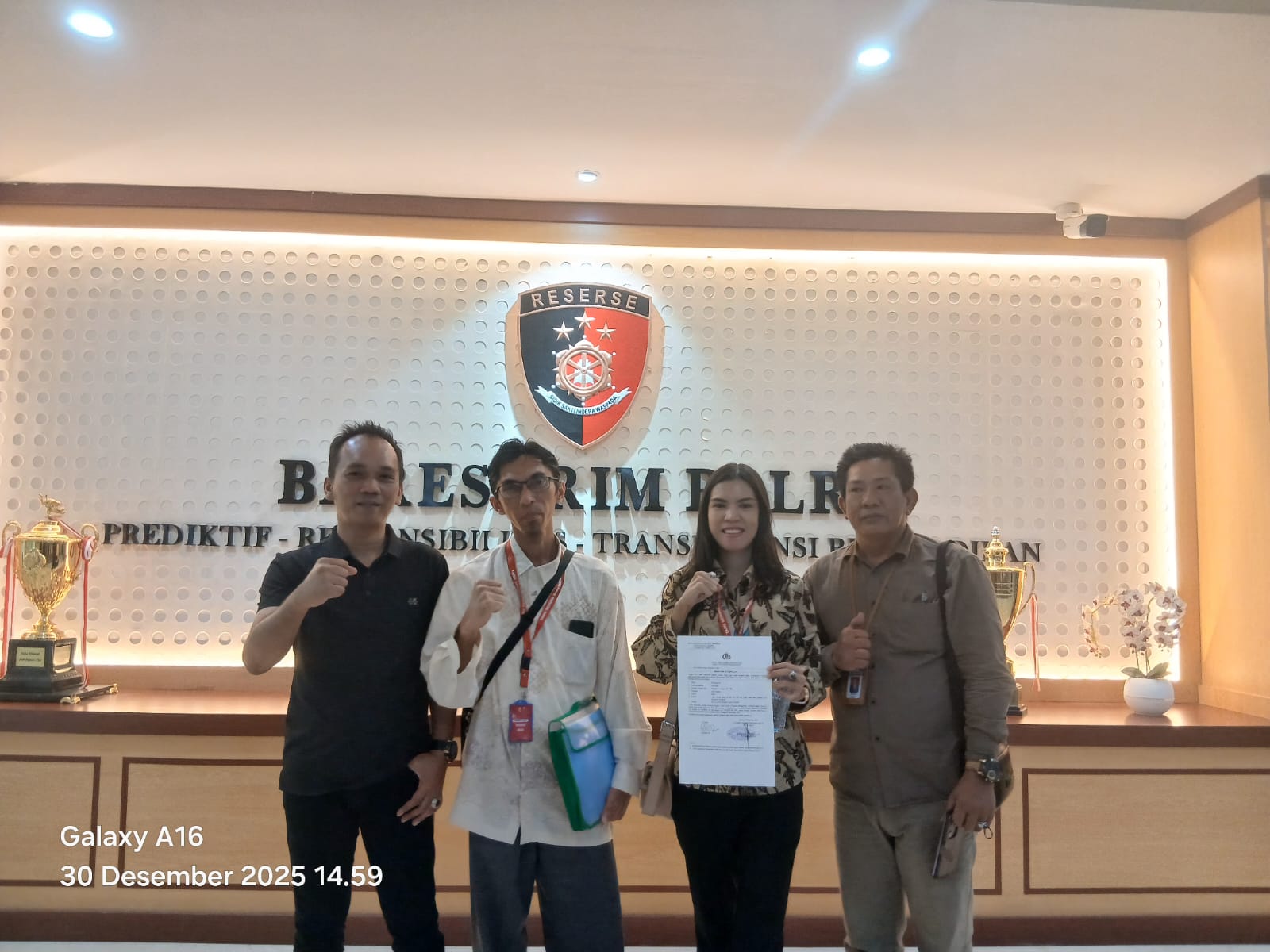As online gambling continues to evolve, players in Germany often seek alternatives outside the restrictions imposed by local regulations. Platforms like fatpirate exemplify this trend, offering betting experiences beyond the scope of GamStop. To navigate this landscape responsibly, understanding the legal framework, licensing procedures, and potential risks is essential. This article explores these aspects, providing clarity on the status of non-GamStop platforms such as Fat Pirate within Germany’s regulatory environment.
Table of Contents
Current Gambling Regulations Impacting Non-GamStop Platforms
German Federal Laws Governing Online Gambling and Player Protections
Germany’s online gambling market is primarily governed by the Interstate Treaty on Gambling (Glücksspielstaatsvertrag), which was revised in 2021 to regulate online sports betting, poker, and casino games. The treaty emphasizes player protection, responsible gambling, and the prevention of illegal operations. Under these laws, online operators must obtain a valid license from the respective German authority to legally offer services within the country.
However, platforms operating without a German license—such as some international sites—may do so by targeting audiences outside the strict regulatory scope or by offering services in jurisdictions with more lenient rules. This creates a complex legal landscape where players need to be aware of the potential risks associated with non-regulated sites.
Legal Implications of Operating Outside GamStop Restrictions
GamStop is a self-exclusion scheme in the UK designed to help players restrict access to gambling platforms licensed in the UK. Platforms not on GamStop, including some international sites, operate outside this self-regulatory framework. While this may appeal to players seeking more freedom, it raises legal concerns for German residents.
Operating outside GamStop’s scope does not mean a platform is illegal in Germany, but it often indicates that the platform does not hold a German license or comply fully with local regulations. For players, engaging with such sites can entail risks such as lack of dispute resolution mechanisms, limited consumer protections, and potential legal consequences if their activities breach local laws.
Recent Legislative Changes Affecting Non-GamStop Accessibility
Recent amendments to Germany’s gambling laws aim to tighten control over the online market, including restrictions on unlicensed operators. The introduction of stricter licensing criteria and enforcement measures has diminished the accessibility of foreign sites operating without German approval. Nevertheless, some platforms continue to accept German players by employing jurisdictions with less stringent licensing standards, creating a grey area that complicates the legal landscape.
Licensing Procedures for International Gaming Sites in Germany
Requirements for Obtaining a German Gambling License
To legally operate within Germany, gaming sites must acquire a license from the Gemeinsame Glücksspielbehörde der Länder (GGL). The process involves fulfilling stringent criteria, including demonstrating financial stability, implementing responsible gaming measures, ensuring fair play, and adhering to data protection standards. The application process can take several months and requires comprehensive documentation.
For example, a platform aiming to serve German players must demonstrate robust anti-fraud measures, secure payment processing, and transparent terms of service. These standards are designed to protect consumers and maintain the integrity of the gaming industry.
Differences Between Local and Offshore Licensing Standards
| Aspect | German Licensing | Offshore Licensing |
|---|---|---|
| Regulatory Body | GGL (Gemeinsame Glücksspielbehörde der Länder) | Various jurisdictions (e.g., Malta, Curacao) |
| Standards | High, with strict compliance and player protection | Variable, often less rigorous |
| Enforcement | Active enforcement within Germany | Limited local enforcement |
| Player Trust | Higher, due to adherence to national standards | Variable, often lower |
Impact of Licensing on Player Trust and Platform Credibility
Licensing from German authorities significantly enhances a platform’s credibility, signaling compliance with high regulatory standards. This assurance benefits players by providing access to dispute resolution, secure banking options, and responsible gambling tools. Conversely, offshore licenses may lack these safeguards, exposing players to higher risks such as unfair practices or lack of recourse in disputes.
Practical Risks and Considerations for Users Choosing Non-GamStop Platforms
Assessing the Safety and Security of Fat Pirate Platforms
When considering platforms like Fat Pirate that are not on GamStop, players should evaluate several safety factors. These include the platform’s licensing information, the security of financial transactions, data encryption practices, and user reviews. Reliable sites typically display licensing details prominently and employ secure HTTPS protocols.
Research and due diligence are vital, as unregulated platforms may not adhere to the same security standards, increasing exposure to fraud or data breaches.
Potential Legal Consequences for Players in Germany
Engaging with unlicensed or non-German licensed sites can carry legal risks. While the act of playing may not be criminal, there is a possibility of penalties if authorities interpret certain activities as illegal, especially if the platform operates illegally within Germany or in violation of local laws. Furthermore, players may have limited legal recourse if disputes or issues arise, such as delayed payouts or unfair practices.
It is crucial for players to understand that participating in unregulated gambling activities can have personal and legal implications. Being informed helps in making safer choices.
How to Verify the Legitimacy of a Non-GamStop Site
To verify whether a non-GamStop platform like Fat Pirate is legitimate, players should:
- Check for visible licensing information and verify its authenticity through official regulatory websites.
- Review the platform’s terms and conditions, privacy policy, and responsible gambling measures.
- Read user reviews and community feedback to assess reputation and reliability.
- Ensure the site uses secure payment methods and employs SSL encryption.
- Consult independent gambling review sites for expert evaluations.
Remember, a legitimate platform prioritizes transparency and regulatory compliance, which are key indicators of trustworthiness.
Conclusion
Understanding the legal and licensing landscape surrounding online gambling in Germany is essential for safe and responsible participation. While platforms like Fat Pirate offer alternatives outside of GamStop, players must carefully evaluate their legitimacy, licensing status, and security measures before engaging. Staying informed about recent legislative changes and licensing standards helps users make educated choices, ensuring their gaming experiences are both enjoyable and compliant with local laws.
“Knowledge is the best safeguard when navigating the complex world of online gambling.”








